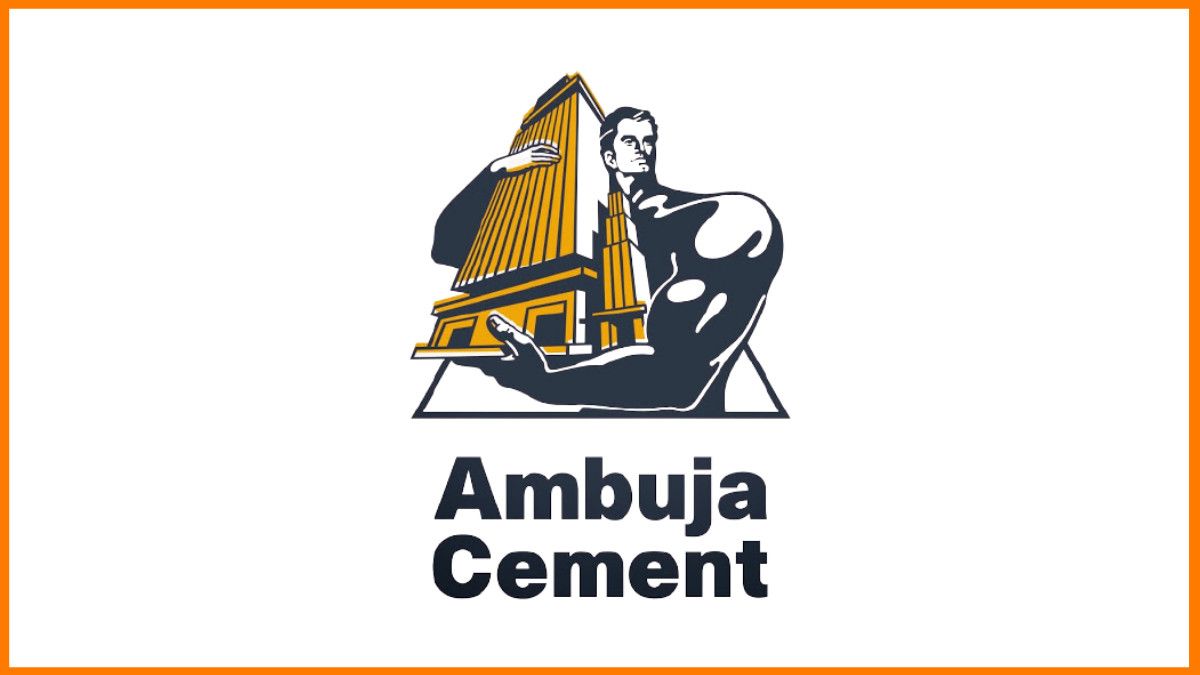Introduction
Ambuja Cements Limited, formerly known as Gujarat Ambuja Cement Limited, is a major Indian cement-producing producing company. Adani Cement or Adani Cement Industries Limited (ACIL) is a cement company based in Gujarat. The company was established as a joint venture between the public sector Gujarat Industrial Investment Corporation (GIIC) and Narottam Sekhsaria & Associates. The business model of Ambuja cements involves its business plan, revenue model, its competitors, SWOT Analysis and many more.

Ambuja Cements is one of the major Indian companies, engaged in manufacturing cement, cement-related products, and clinkers. ACl has a reputation for being one of the world’s most efficient producers.
In addition, Ambuja Powercem, which caters to the ready-mix (RMX) sector; Ambuja Railcem, which got built for railways; and Ambuja Buildcem, which caters to the needs of the mass housing segment, are among the company’s products.
Business plan
Ambuja Cements has a range of products for business-to-business (B2B) and retail markets (B2C). The company’s product, Ambuja Plus Roof Special, is suited for constructing roofs and slabs. The company also co-owns two brands in micro materials category – Alccofine, which includes a range of micro slag materials, and Dirk Pozzocrete, which includes superfine fly ash. Alccofine micro materials are used in construction projects, such as metro rail, dams, roads, flyovers, bridges, and tunnels.

Revenue model
The Company operates through Cement and cement related products segment.
Competitors
Ambuja Cement’s main competitors are:
- Aditya Birla
- Ultratech
- The India Cements Ltd
- Dalmia
- Holcim
- AkzoNobel
- JK Lakshmi
- Shree Cement
SWOT Analysis
Strengths
- Wide geographic presence – Ambuja Cements has extensive dealer network and associates network that not only help in delivering efficient services to the customers but also help in managing competitive challenges in Construction – Raw Materials industry.
- First mover advantage in the increasingly crowded market place. The new products are rapidly increasing Ambuja Cements market share in the Construction – Raw Materials industry.
- High margins compare to Construction – Raw Materials industry’s competitors – Even though Ambuja Cements is facing downward pressure on profitability, compare to competitors it is still racking in higher profit margins.
- Track record of innovation – Even though most players in the Capital Goods strive to innovate, Ambuja Cements has successful record at consumer driven innovation.
- Strong brand recognition – Ambuja Cements products have strong brand recognition in the Construction – Raw Materials industry. This has enabled the company to charge a premium compare to its competitors in Construction – Raw Materials industry.
Weaknesses
- Niche markets and local monopolies that companies such as Ambuja Cements able to exploit are fast disappearing. The customer network that Ambuja Cements has promoted is proving less and less effective.
- Loyalty among suppliers is low – Given the history of Ambuja Cements coming up with new innovations to drive down prices in the supply chain.
- Declining market share of Ambuja Cements with increasing revenues – the Construction – Raw Materials industry is growing faster than the company. In such a scenario Ambuja Cements has to carefully analyze the various trends within the Capital Goods sector and figure out what it needs to do to drive future growth.
- Extra cost of building new supply chain and logistics network – Internet and Artificial Intelligence has significantly altered the business model in the Capital Goods industry and given the decreasing significance of the dealer network Ambuja Cements has to build a new robust supply chain network. That can be extremely expensive.
Opportunities
- Lower inflation rate – The low inflation rate bring more stability in the market, enable credit at lower interest rate to the customers of Ambuja Cements. This will increase the consumption of Ambuja Cements products.
- Increasing customer base in lower segments – As customers have to migrate from un-organized operators in the Capital Goods industry to licensed players. It will provide Ambuja Cements an opportunity to penetrate entry level market with a no-frill offering.
- Opportunities in Online Space – Increasing adoption of online services by customers will also enable Ambuja Cements to provide new offerings to the customers in Construction – Raw Materials industry.
- Rapid Expansion of Economy As the US economy is improving faster than any other developed economy, it will provide Ambuja Cements an opportunity to expand into the US market. Ambuja Cements already have know-how to operate into the competitive US market.
Threats
- Competitors catching up with the product development – Even though at present the Ambuja Cements is still leader in product innovation in the Construction – Raw Materials segment. It is facing stiff challenges from international and local competitors.
- Growing technological expertise of local players in the export market – One of the biggest threat of tie-up with the local players in the export market for Ambuja Cements is threat of losing IPR. The intellectual property rights framework is not very strong in emerging markets especially in China.
- Distrust of institutions and increasing threat of legal actions for Ambuja Cements – As the WTO regulations and laws are difficult to enforce in various markets. Legal procedures have become expensive and long drawn process. It can lead to less investment into emerging markets by Ambuja Cements thus resulting in slower growth.
- Changing demographics – As the baby boomers are retiring and new generation finding hard to replace their purchasing power. This can lead to higher profits in the short run for Ambuja Cements but reducing margins over the long run as young people are less brand loyal and more open to experimentation.
- Saturation in urban market and stagnation in the rural markets – For Ambuja Cements this trend is an ongoing challenge in the Construction – Raw Materials segment. One of the reasons is that the adoption of products is slow in rural market. Secondly it is more costly for Ambuja Cements to serve the rural customers than urban customers given the vast distances and lack of infrastructure.
- Changing political environment with US and China trade war, Brexit impacting European Union, and overall instability in the middle east can impact Ambuja Cements business both in local market and in international market.
Merger
ACC and Ambuja, two of India’s most prestigious cement companies, have been part of the same worldwide cement company for a long time. Both A.C.C. and Ambuja declared independently in early May 2017 that they are considering a merger.
Globally, one of the biggest mergers in the cement industry was between Holcim and Lafarge which created the world’s largest cement company in the world, Lafarge Holcim. Interestingly, this company is the holding company for ACC and Ambuja Cements in India.
Conclusion
Ambuja Cements Ltd is a cement manufacturing company in India. Strong operating performance, manufacturing capabilities, focus on quality and synergy with Holcim are the company’s key strengths, even as substantial debt remains a cause for concern.




